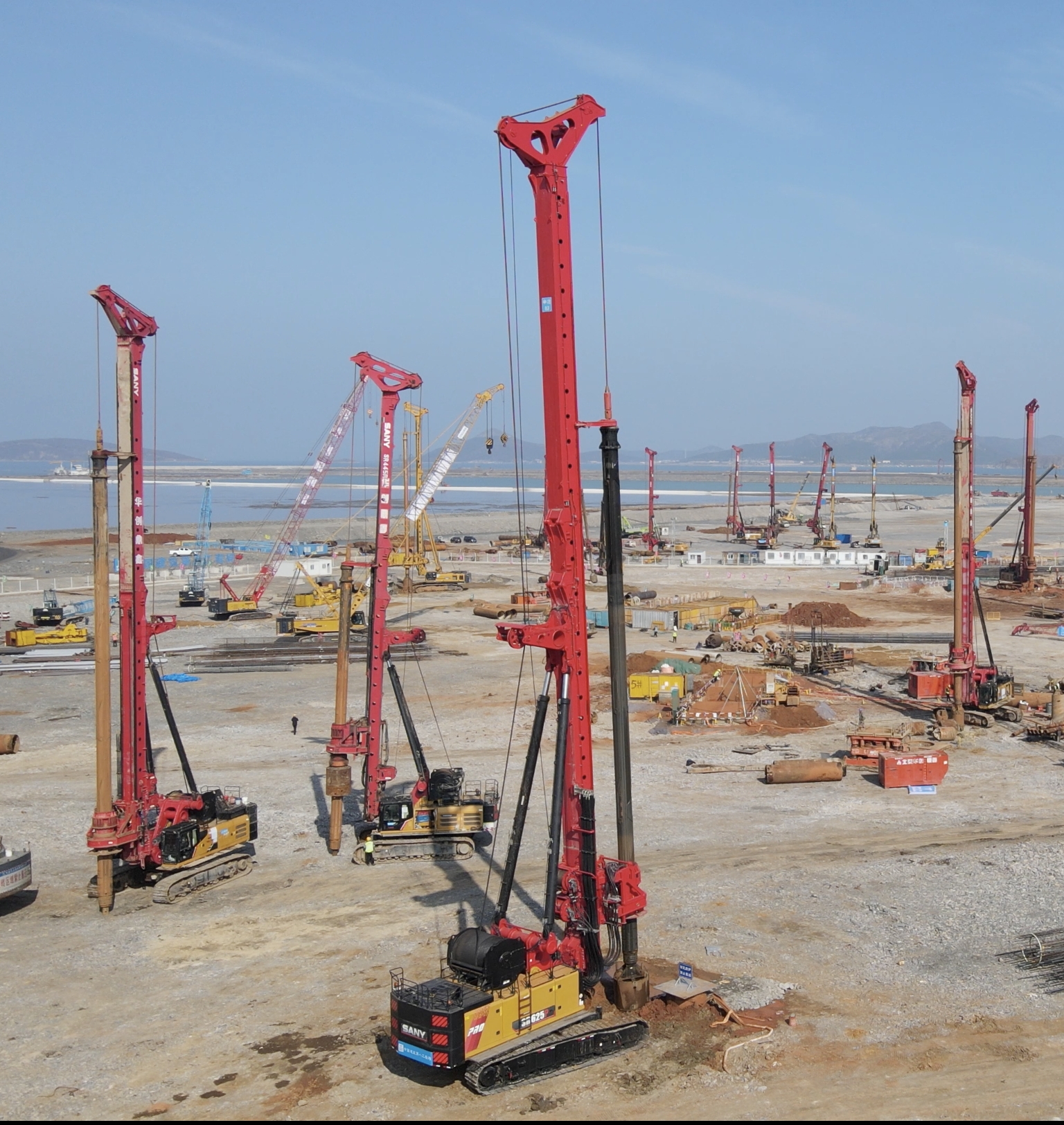
Exploring the Depths: The Critical Role of Geotechnical Engineering in Modern Infrastructure
The Essence of Geotechnical Engineering
Geotechnical engineering is a branch of civil engineering that focuses on the behavior of earth materials. It is crucial for the design and construction of foundations, slopes, retaining structures, embankments, tunnels, levees, wharves, landfills, and other systems that are made of or are supported by soil or rock. Understanding the ground conditions is essential for any construction project to ensure stability and longevity.
Applications in Oil and Gas Exploration
In the realm of oil and gas exploration, geotechnical engineering is indispensable. It involves assessing subsurface conditions to determine the feasibility of drilling operations and the stability of the ground. This ensures the safe extraction of resources without compromising the environment or the safety of the workforce.
Impact on the Mining Industry
The mining industry relies heavily on geotechnical engineering to evaluate the stability of mine walls and the ground surrounding mining operations. This helps in preventing collapses and ensuring the safety of miners, while also optimizing the extraction process.
Role in Solar Energy Projects
For solar energy projects, geotechnical engineering assesses the land's suitability for solar panel installations. It ensures that the ground can support the weight of the panels and withstand environmental factors like wind and rain, contributing to the project's overall success and sustainability.
Contribution to Water Well Drilling
In water well drilling, geotechnical engineering is vital for identifying the best locations for wells and ensuring that the drilling process does not lead to ground instability or contamination of water sources. This guarantees access to clean and safe water.
Advancements in Trenchless Construction
Trenchless construction techniques, such as horizontal directional drilling, have revolutionized the way we install underground utilities with minimal surface disruption. Geotechnical engineering plays a key role in planning and executing these projects, ensuring they are completed efficiently and safely.
Frequently Asked Questions
What is the importance of geotechnical engineering in construction?
Geotechnical engineering ensures that construction projects are built on solid ground, preventing future problems like settling or collapse. It assesses soil and rock conditions to guide the design and construction process.
How does geotechnical engineering contribute to environmental protection?
By evaluating the impact of construction and extraction activities on the environment, geotechnical engineering helps in designing projects that minimize harm to ecosystems and prevent pollution.
Can geotechnical engineering reduce project costs?
Yes, by identifying potential ground issues early, geotechnical engineering can help avoid costly delays and modifications during construction, saving money in the long run.








